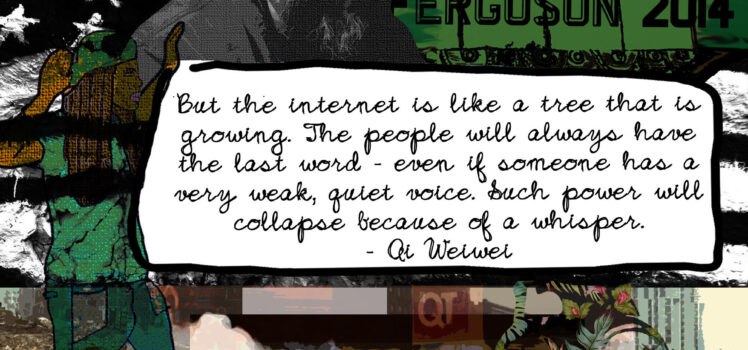This post by Julien Burns comes from Greenpeace’s Mobilisation Lab, a longtime participant in the TABridge network. The “MobLab” functions as a testing ground and “forward-looking space” to help Greenpeace’s global network and it allies understand and pilot “people-powered” campaigning, online and off.
“I am not saying ignore what’s working for large organizations,” writes ActionSprout CEO Drew Bernard, “they often provide great inspiration. But don’t mistake what they are doing as a path to success.”
His email came in response to a call for help I sent out to a brain trust of progressive digital advocacy wonks. After watching countless small nonprofits struggle to establish digital presences, I was losing faith that organizations with at most a handful of communications staff working across all media could compete.
On 26 February we were delighted to host a live discussion featuring participants from our recent “Follow the Money” Workshop in Berlin. Guest speakers from several countries recounted their insights from the two-day event and, more importantly, brought stories and samples from works in progress that draw on their Berlin conversations. A full archive of the Webinar is available to play online. You can also download the slide presentation (pdf).
Andrea Menapace led off the discussion by reviewing the purpose of our "Follow the Money" (FTM) activities. While the Workshop's first practical aim was to share experiences about how tech can add value and what’s really needed to bring change, our more ambitious aim was to find concrete areas for potential new work, and to help spark collaborations with true potential for impact.
Consumers, campaigners and champions of free speech everywhere won a huge victory last week when United States regulators voted in favor of net neutrality rules, reclassifying broadband internet in the U.S. as a "common carriage" service open to all customers.
Practically speaking, that means internet providers cannot impose a "slow lane" or a toll gate on users based on the information or sources they are trying to reach. As law professor Tim Wu, who first coined the term "net neutrality," put it, the rule "… makes it very clear to the phone and cable companies: You can’t block anything. You know, you might not like a website that says Verizon’s too expensive; you can’t block that. … you can't go around and say, 'Hey, if you don’t want to be slowed down, you need to pay us more money' … like kind of a protection scheme."
It was a privilege to help plan and host January’s “Follow the Money Workshop” in Berlin, convened by the Transparency and Accountability Initiative (T/AI) and deftly facilitated by co-organizers Aspiration. Almost half the participants in the T/AI event also had the chance to continue the discussion one day later in a separate gathering of the informal Follow the Money Network.
I saw a community of loosely affiliated groups coalesce around their shared values for the use of public resources, and begin to think together about collaborations to further shared goals.
Last week, my colleague Andrea Menapace and I hosted David McNair from the ONE Campaign and more than two dozen audience participants in a live webinar previewing the upcoming “Follow the Money” Workshop from the Transparency and Accountability Initiative (T/AI). A full archive of the event is available to play online. You can also download the slide presentation (pdf).
Some of the webinar’s best information came from audience members who posted links and descriptions of related projects in the event chat room. We’ve collected many of these “group-sourced” links in an earlier post. Our Workshop—which takes place in Berlin on January 20-21—is being planned to maximize collaboration and information-sharing among peers, so it was especially encouraging to see participants exchanging ideas.

